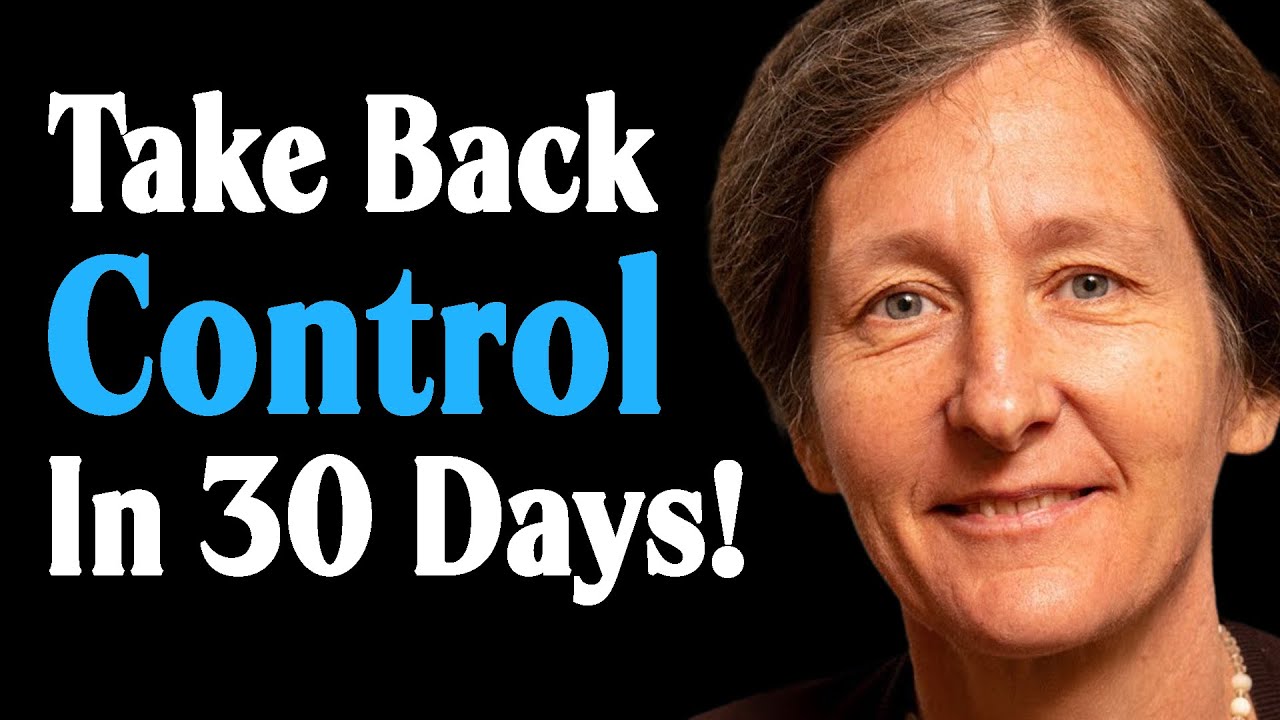How Gaming Affects Your Brain (Andrew Huberman)
Summary
TLDRThe video explores dopamine's powerful role in motivation, mood, and energy, with a focus on its connection to video games. Neuroscientist Andrew Huberman explains how video games can produce higher dopamine levels than nicotine, sex, or even cocaine. This dopamine surge can lead to addiction by progressively narrowing what brings pleasure, often causing people to neglect other aspects of life. The video offers insights into overcoming gaming addiction through dopamine detox, goal-setting, and accountability, emphasizing the importance of realistic and challenging steps to reclaim balance in life.
Takeaways
- 🎯 Dopamine plays a crucial role in how we feel, including motivation, energy, and mindset.
- 🧠 Video games can produce higher dopamine spikes (75% to 300% above baseline) compared to nicotine, sex, and even cocaine.
- 🎮 The novelty and constant engagement in video games trigger high levels of dopamine release, making them highly addictive.
- ⚖️ Dopamine peaks are followed by a drop in baseline dopamine, which can lead to lower motivation and mood after intense gaming sessions.
- 🕹️ Gaming addiction can cause people to lose interest in other activities like school, relationships, and fitness, narrowing their sources of pleasure.
- 📉 Continuous gaming can eventually deplete dopamine levels, leading to depression and loss of interest, sometimes resulting in severe consequences like suicide.
- 🧪 Addiction is described as a progressive narrowing of what brings pleasure, making life outside of gaming seem boring and unfulfilling.
- 🛑 A dopamine or video game detox is suggested as a way to reset dopamine levels, improving mood, concentration, and overall life quality.
- 📅 Setting realistic, challenging goals is essential when overcoming video game addiction. Gradual reduction or complete abstinence can help.
- 👥 Accountability, whether from friends, family, or community support, is vital for overcoming gaming addiction and maintaining healthier habits.
Q & A
What role does dopamine play in motivation and effort?
-Dopamine plays a key role in modulating motivation, effort, and desire. It influences how you feel, your willingness to push through effort, and your overall energy levels. It also affects mindset and whether you believe you can accomplish a task.
Which activity increases dopamine above baseline the most: nicotine, sex, chocolate, or video games?
-Video games have the potential to increase dopamine levels above baseline the most, with an increase ranging from 75% to 300%. In comparison, nicotine and sex increase dopamine by 100%, chocolate by 55%, and cocaine by 225%.
Why can video games be more stimulating than activities like sex or drug use?
-Video games can stimulate higher dopamine release due to their novelty factor, which engages the brain continuously. This novelty creates a high level of dopamine release, often exceeding more passive activities like sex or drug use.
How does dopamine influence time perception?
-Dopamine not only regulates motivation and pleasure but also controls time perception, making time feel faster or slower depending on dopamine levels in your brain.
What happens to dopamine levels after a peak in activity?
-After a peak in dopamine during a pleasurable or stimulating activity, the baseline level of dopamine in the brain drops below normal, which can make you feel less motivated or even down after the activity.
What is the connection between video games and addiction according to Andrew Huberman?
-Addiction is a progressive narrowing of activities that bring pleasure. With gaming addiction, people may lose interest in other aspects of life such as relationships, fitness, and school, leading to a depletion of dopamine response and potential depression.
How can a video game detox help with gaming addiction?
-A video game detox allows your brain to reset its dopamine levels by abstaining from video games and other stimulating activities. Over time, this can restore interest in other, less stimulating but healthier activities.
What are the signs that someone might be addicted to video games?
-Signs of gaming addiction include loss of interest in other activities like school, relationships, or fitness, and a progressive narrowing of what brings pleasure, which eventually leads to an inability to enjoy even gaming.
What steps can someone take to recover from a gaming addiction?
-To recover from gaming addiction, one can start by doing a video game detox, setting realistic and challenging goals, and finding accountability through friends or a community of people going through similar challenges.
Why is novelty important in video game engagement?
-Novelty in video games, especially those with high update speeds and constantly changing environments, can significantly boost dopamine levels. The constant exposure to new challenges keeps the brain highly engaged and excited.
Outlines

Этот раздел доступен только подписчикам платных тарифов. Пожалуйста, перейдите на платный тариф для доступа.
Перейти на платный тарифMindmap

Этот раздел доступен только подписчикам платных тарифов. Пожалуйста, перейдите на платный тариф для доступа.
Перейти на платный тарифKeywords

Этот раздел доступен только подписчикам платных тарифов. Пожалуйста, перейдите на платный тариф для доступа.
Перейти на платный тарифHighlights

Этот раздел доступен только подписчикам платных тарифов. Пожалуйста, перейдите на платный тариф для доступа.
Перейти на платный тарифTranscripts

Этот раздел доступен только подписчикам платных тарифов. Пожалуйста, перейдите на платный тариф для доступа.
Перейти на платный тарифПосмотреть больше похожих видео

Bahagia Ternyata Reaksi Kimia di Tubuh Kita [Cek Cara Meningkatkan Hormon Dopamin Disini]

14 Neurotransmitters

Dopamine Detox: How To Regain Control Of Your Life In 30 Days | Dr. Anna Lembke

How Hormones Influence You and Your Mind

The ADHD Dopamine Solution💡

POR QUE AS PESSOAS ESTÃO FICANDO CADA VEZ MAIS BURRAS? #análisecrucial
5.0 / 5 (0 votes)
